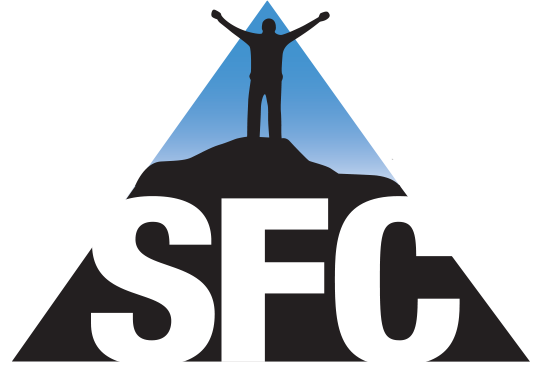Individual, Marriage,
& Family Therapy
Our individual, marriage, and family therapy services are intended for adults and children (9 years of age or older) experiencing anxiety, depression, substance, ADHD, and other mental health conditions. We have a four-stage process for maximizing the effectiveness of therapy and the likelihood of a successful outcome.
Stage 1 – Comprehensive Assessment
This stage is the first and most important step to effective therapy. The goal is for the therapist and client to establish a trusting relationship and to determine the nature of the client’s difficulties. This stage consists of a clinical interview and multiple symptom and personality inventories.
With children, the key to an accurate assessment is to cross-reference the information they provide with the information provided by their parents, teachers, and others involved in their care.
Stage 2 – Treatment Planning
During this stage, the client’s information is analyzed, and an individualized treatment plan is developed. While we specialize in Cognitive Behavioral Therapy, we do not have a one-size-fits-all approach to therapy. Instead, we match our treatment plan to the client’s age, symptoms, personality, and level of motivation.
This individualized approach is based on the American Psychiatric Association’s Best Practices Guidelines, which advocate the use of evidence-based therapies. For example, anxiety disorders are treated with individual CBT, while ADHD is treated with a combination of supportive therapy, academic coaching, and family therapy.
At the conclusion of the treatment planning stage, the client is informed of all assessment findings, diagnoses (if applicable), and related treatment plans. Only when the client feels understood and is in agreement with the treatment plan do we move on to stage 3 of the therapy process.
Stage 3 – Support, Skills, & Strategies
During this stage, the client learns numerous tools (see the Emotional Toolkit on our Resources tab) for regulating negative emotions, breaking unhealthy behavior patterns, and improving relationships.
Stage 4 – Successful Outcomes & Booster Sessions
During this stage, clients are consistently demonstrating the coping skills and behavioral changes necessary for the achievement of their treatment goals. As this occurs, the frequency of therapy sessions is reduced and eventually terminated.
Upon termination, most clients schedule 1-3 follow-up “booster sessions” within 12 months of their last regularly scheduled appointment. Booster sessions are intended to reinforce the coping tools and behavioral changes developed over the course of therapy.
You can use the form on this page to send us a message. Please also feel free to call or email us anytime.
- sfcnewreferrals@gmail.com
- Mon - Sat: 8AM - 10PM
-
22 Howard Blvd STE 101
Mt. Arlington, NJ 07856 - (973) 668-9577
-
2035 Hamburg Turnpike STE G
Wayne, NJ 07470 - (973) 668-9577


